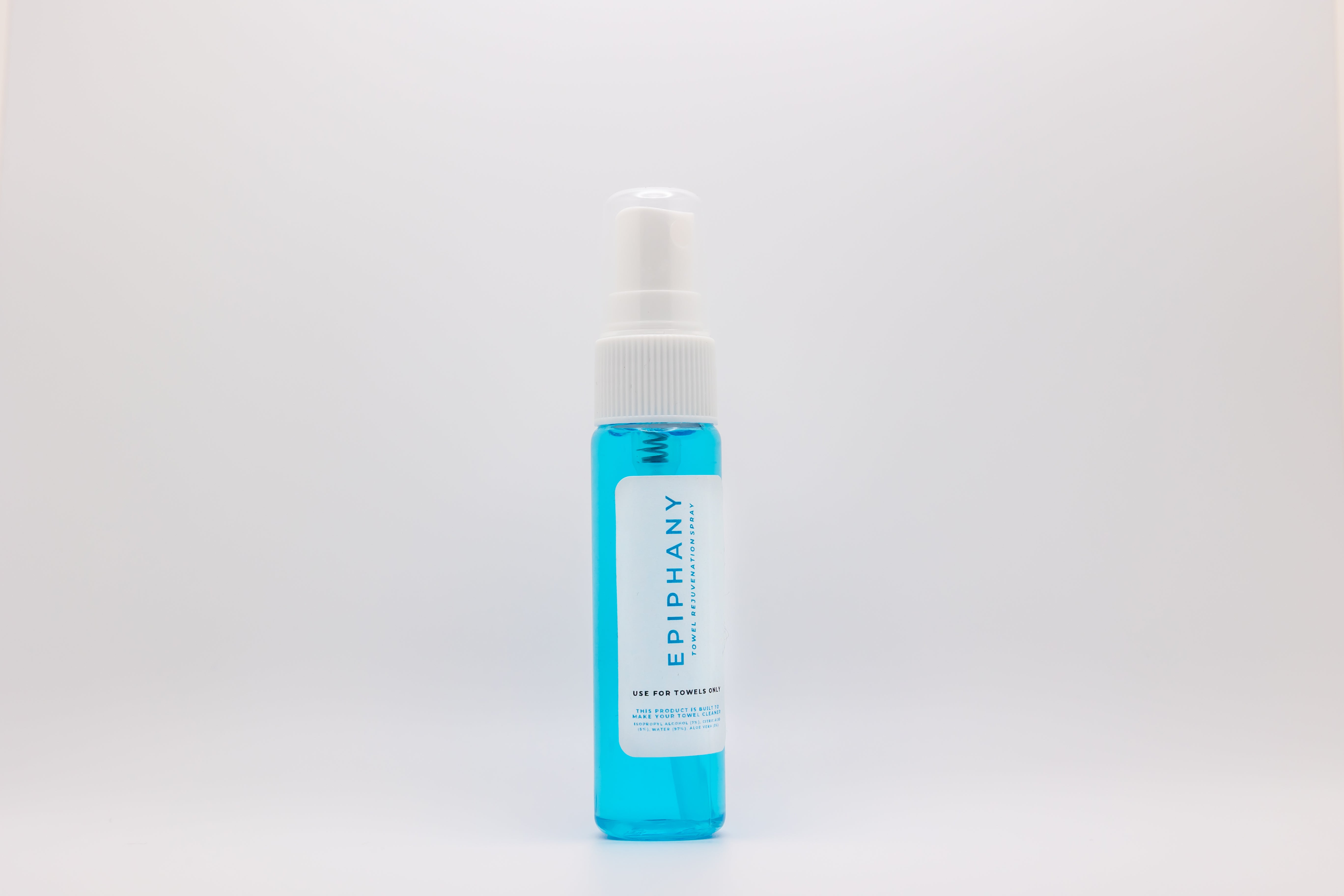How Much Bacteria is on a Towel?

How Much Bacteria is on a Towel?
In a study on people by Inside Edition, in collaboration with Micrim Labs (in Florida), they found that on one person’s towel after 24-hours there was 260,000 bacteria, which included E.coli. This can also be compared to a study shared by The Courier who mention that towels can carry up to 17,000,000 counts of bacteria after just one use. According to this same article, 33% of people in the U.K. said they typically wash their shower every 3-months, which is eyewatering to think about how much bacteria is harboring on there. In reference to that same Inside Edition report we just shared, they found 650 million on a 1-week old towel of an average person.
What are the Most Common Microbes?

*did you have COVID-19? That could live on a towel for 48 hours in regular bathroom environments.
How Long Do They Live on a Towel For?
It varies depending on the microbe and the conditions it is living in but for example, as Millersville University state here, MRSA can live for 9 weeks on a traditional cotton towel, while living for 7-months on dust that may be flying around your bathroom. E.coli can 13 days on microfiber towels, As the University of Alabama at Birmingham states in this source, Influenza can survive on most surfaces for 48-hours, meaning if you don’t wash off perfectly, the next day your towel might be a risk to you. A lot of pressure to wash perfect in a shower right?

What Does this Bacteria Cause?
These causes depend on the microbe too. Here are some examples of the problems these microbes have been proven to cause:
MRSA Influenza E.coli HPV

These effects are not nice to experience and are often treated too commonly after getting them. Preventions must be prioritized over treatments.
Why does it Spread

As pointed out here by the CDC, MRSA can spread on things like towels. Our laundry need to be done on the right temperature for it to be effective at removing microbes. That temperature is 140°F generally. If MRSA for example gets into our bloodstream or into an open pore (which we cannot see) on our skin, it can cause painful, embarrassing, and scarring effects, not to mention the effects to mental health. If you don’t wash off properly or someone else touches your towel, it can transfer in an instance. This could be as easy as you opening a door that was previously touched by someone with MRSA on their hands after a sneeze, then you go to wash your hands but don’t do a great job of removing it, then you wipe it onto your towel, it’s there and ready to do harm to you.
Are Cases Rising of these Effects?
Cases are rising, according to these sources:
MRSA +7% (over last 7 years) OXFORD UNIVERSITY

Flu +243% (over last 10 years) CDC

Acne +5% (over last 10 years) NATIONAL INSTITUTE OF HEALTH

Warts & Verruca’s +38% (over last 10 years) NATIONAL INSTITUTE OF HEALTH

Pink Eye +21% (over last 10 years) OXFORD UNIVERSITY

How Do We Prevent it?
- Dry Towels Thoroughly & Rapidly
- Wash Rigorously
- Do Not Reuse Too Long
- Don’t Touch it on Other Surfaces
- Never Share Towels
Key Solution: Epiphany Towel Spray – fast, effective, affordable, and easy ($9.99)

Anything else I should know?
Yes, as the International Association for Food Protection mentions Sponges and Dish Cloths can get quite bad, while The Dermatology Institute mention, Loofah’s being a big bacteria hoarder. To close, imagine the make-up, the house bugs, the sweat and even saliva that get caught up in a towel’s fabric polymers/yarns. It can also be said for dirt in our nails that needs dislodging to remove. There are so many things that live on a towel but we cannot go on by ignoring it while getting mad when we experience an effect. It is unknown to many because we can’t see it and it is often out-of-sight, out-of-mind to our daily routine, but now we know we must solve it.






